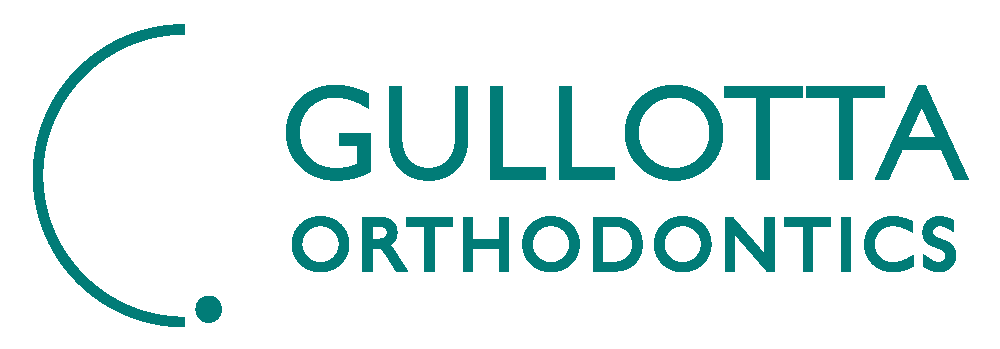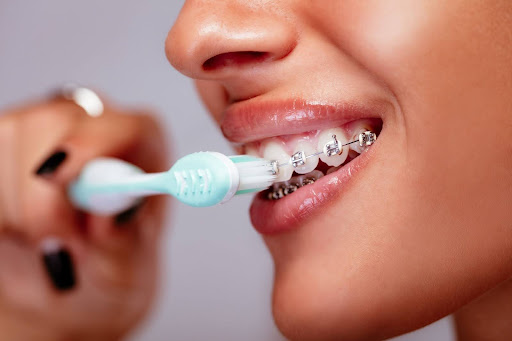We’ve all been there. Maybe we’re getting ready for work, or going to meet friends for dinner. We check ourselves out in the mirror, give a smile and think “Do I need braces?”. Or maybe it’s seeing a photo of ourselves where we’re smiling and we think “Is that what my teeth look like all the time?!”.
Well, know that you’re not alone. More and more adults are getting braces. And while our teeth can be a point of insecurity for many of us, it’s important to remember that very few people will notice or care about what your teeth look like, and so you shouldn’t feel embarrassed if your teeth aren’t quite as straight as you want them to be. That being said, braces can help. Not only can they help us achieve a straighter smile and make us feel more confident, they can even fix mild forms of malocclusion such as underbite, overbite, and crossbite, as well as other conditions such as diastema (gap teeth).
So if you want to answer the question “Do I need Braces?” once and for all, read on. Let’s answer the question together!
10 Signs You Might Need Braces
Besides questioning whether you need braces (which is a very good sign you need braces!) here are ten more to help you make the decision.
1. Crooked or Crowded Teeth
If your teeth appear twisted, overlap, or are too close together, you may need braces to realign them and create more space for proper cleaning.
2. Difficulty Flossing or Brushing
Struggling to fit floss between your teeth or finding it hard to brush certain areas can be a sign that your teeth are too close together, increasing your risk of plaque buildup and decay.
3. Bite Problems
If your upper and lower teeth don’t align properly when you bite down, this could be an overbite, underbite, crossbite, or open bite. Misaligned bites can lead to chewing problems, discomfort, and long-term jaw issues.
4. Jaw Pain or Clicking
Regular discomfort or clicking in your jaw when eating or waking up could indicate a misaligned bite, putting strain on your jaw muscles and joints.
5. Frequent Tongue or Cheek Biting
If you often bite your tongue or the inside of your cheeks while chewing or speaking, this might be a sign that your teeth are not aligned correctly.
6. Speech Issues
Difficulty pronouncing certain sounds, or a noticeable lisp, may result from misaligned teeth or bite issues that braces can correct.
7. Gaps Between Teeth
If you have large spaces between your teeth, food particles may get trapped more easily, leading to potential decay. Braces can help close these gaps.
8. Food Frequently Stuck in Teeth
Getting food stuck between teeth regularly may suggest spacing or alignment issues that could be fixed with braces to prevent bacteria buildup.
9. Mouth Breathing
If you find yourself frequently breathing through your mouth instead of your nose, it could be due to improper jaw positioning, which may be corrected with orthodontic treatment.
10. Jaw Shift or Noises
If your jaw seems to shift or make noises, this could be a sign of an underlying problem with your jaw alignment that braces may help correct.
If you’re noticing any of these signs, it’s a good idea to consult with an orthodontist for a personalised assessment. Braces may be the solution to improve both the functionality and aesthetics of your smile.
What to Consider Before You Get Braces
Getting braces is an exciting step toward a straighter, healthier smile, but there are a few important things to keep in mind before your treatment begins.
1. Dental Health Check-Up
After your consultation – before getting braces, it’s essential to ensure your teeth and gums are in good health. Book an appointment with your dentist for a routine check-up and professional clean. Having healthy teeth and gums is crucial for a successful and smooth braces journey.
2. Address Cavities or Dental Issues
While you can technically get braces with cavities, it’s always recommended to have them treated first. Dealing with cavities or other dental concerns beforehand will save you from potential discomfort or complications during your orthodontic treatment.
3. Prepare Your Teeth
In the lead-up to your braces appointment, focus on thorough brushing and flossing to ensure your teeth and gums are in the best condition possible. Good oral hygiene will help the orthodontist apply the braces more effectively.
4. Plan for the Appointment
On the day of your braces fitting, make sure to gently clean your teeth after your last meal to ensure there’s no plaque or debris. This will help the orthodontist secure the brackets smoothly and avoid any issues during application.
5. Post-Braces Care
After your braces are fitted, you may experience some discomfort. It’s a good idea to have over-the-counter pain relief handy and stock up on soft foods for the first few days while your teeth adjust. Remember, taking care of your braces through proper cleaning and eating braces-friendly foods is key to achieving great results.
Taking these steps will ensure that you’re fully prepared for your braces journey, setting the stage for a smooth and successful treatment.
Are Braces the Only Option?
Well, not only are there various brace options such as Lightforce braces as well as more traditional metal braces, there are also clear braces and even clear aligners such as Invisalign or spark aligners. Each option comes with its own set of benefits depending on your needs and lifestyle. Whether you prefer a more discreet approach with clear aligners or want the more traditional braces, talk to your orthodontist to find out what options are available to you. And if you’re on the Gold Coast then contact us today!
Should You Get Braces?
Deciding whether or not to get braces can feel like a big decision, but it’s one that can have a lasting, positive impact on both your dental health and confidence. If you’ve noticed any of the signs mentioned above—whether it’s crooked teeth, bite issues, or jaw discomfort—it might be time to take the next step. Braces can not only help align your teeth and give you the smile you’ve always wanted, but they can also prevent future complications that may arise from untreated problems.
The best way to know for sure is to book a consultation with an experienced orthodontist who can assess your individual needs and recommend the most effective treatment. At Gullotta Orthodontics, we’re here to guide you through every step of the process with personalised care and expert advice. If you’re ready to explore the possibility of braces, don’t hesitate to reach out—your perfect smile could be just around the corner!

